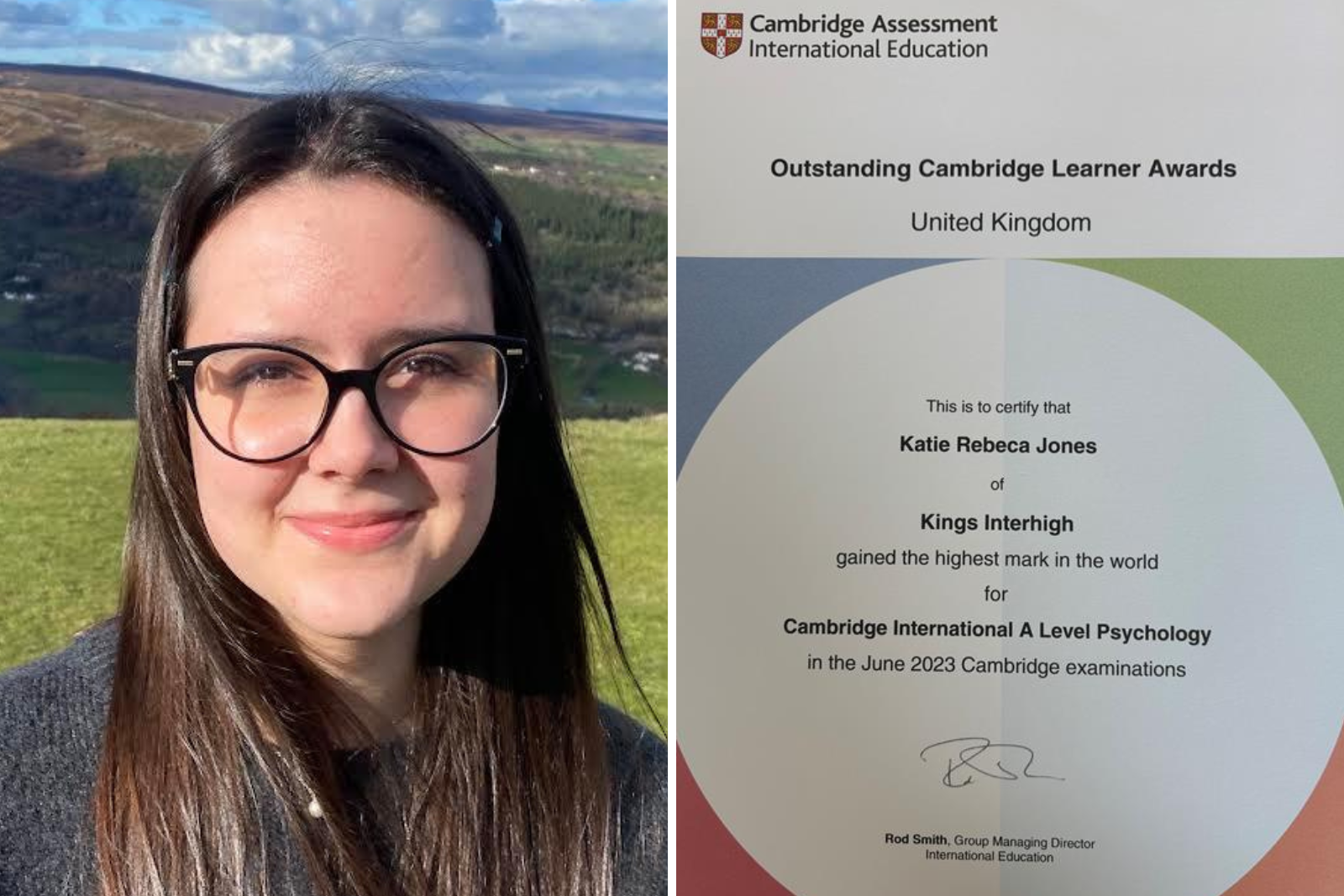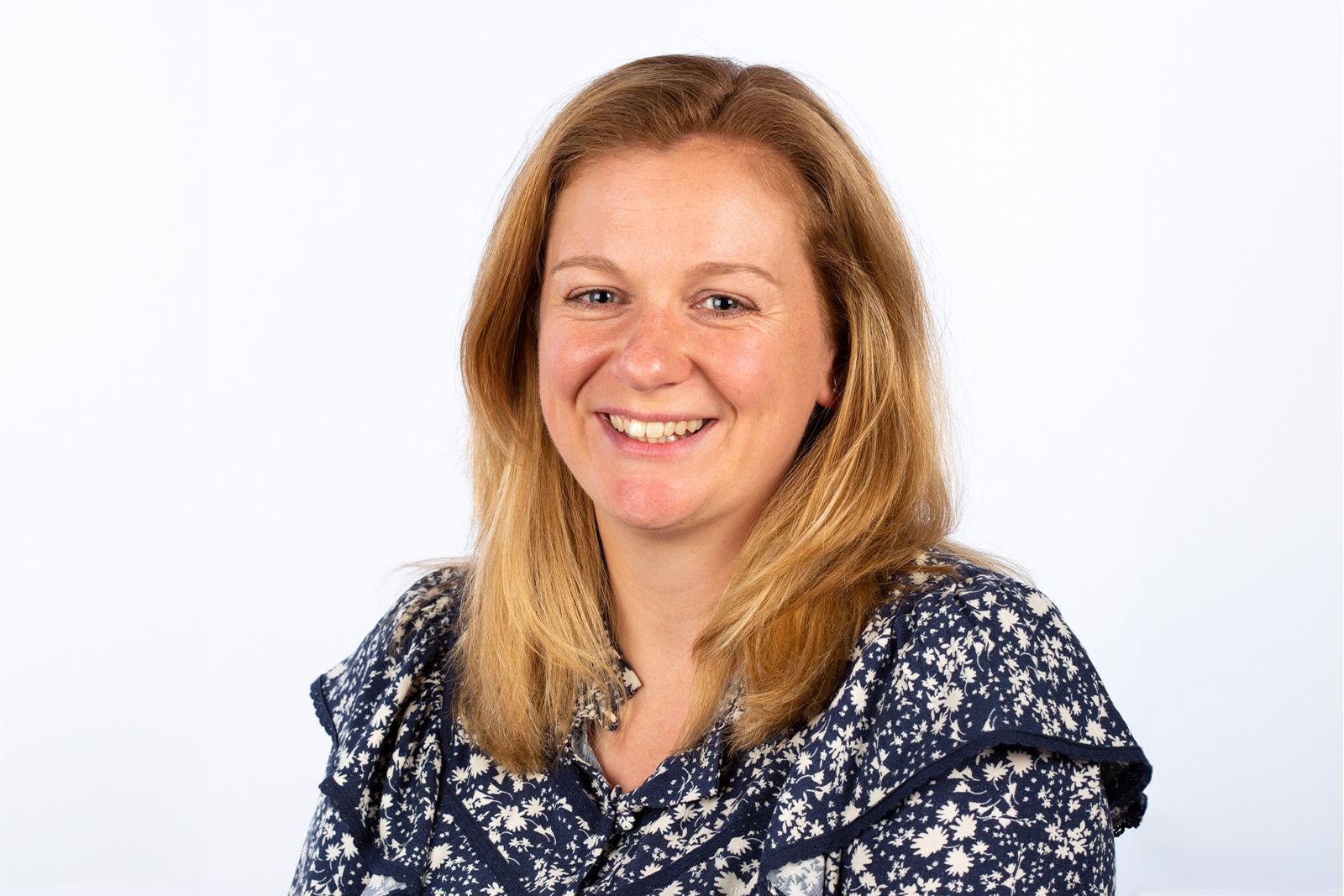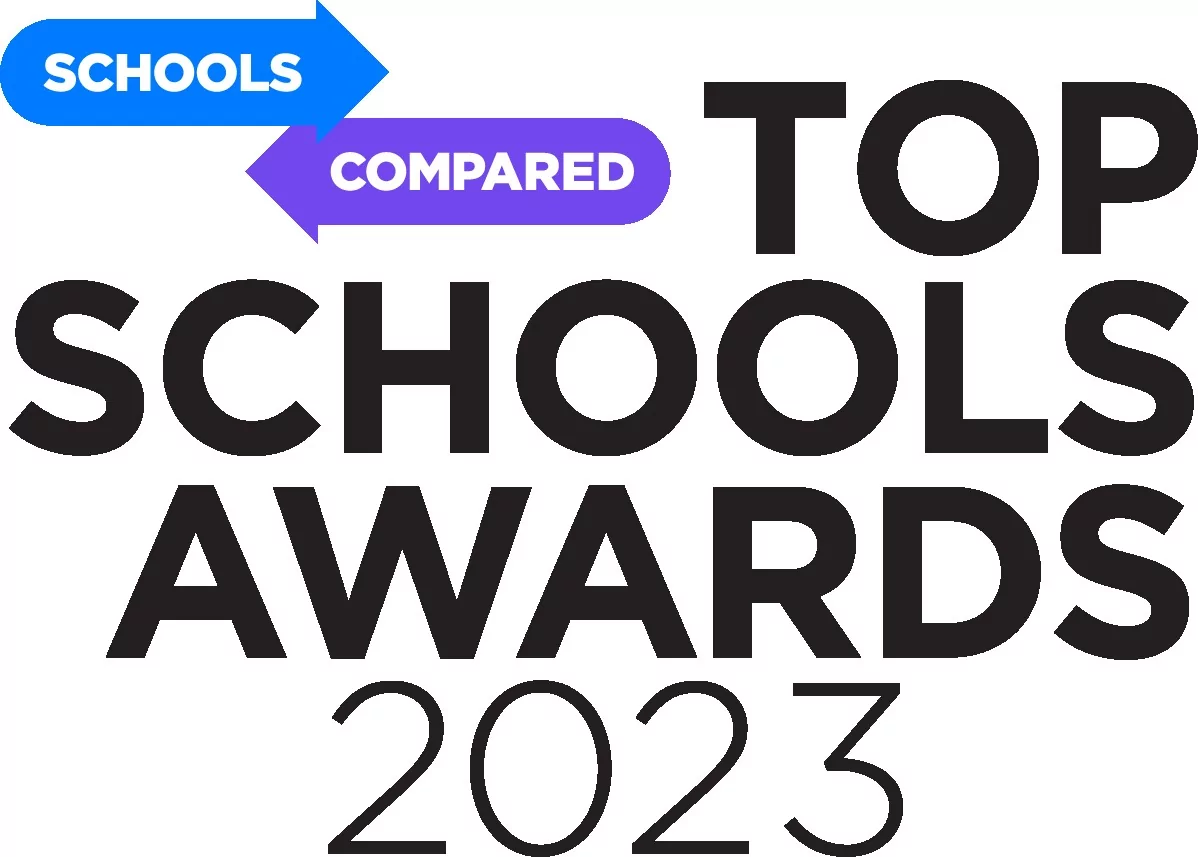
Article April 8, 2022
A Levels vs the IB Diploma Online: Which is Right for You?
As you head into your final years of school, you’ll need to make an important decision: which curriculum should you follow before applying to university? At King’s InterHigh Sixth Form, we offer two pathways for students aged 16 to 18: A Levels or the International Baccalaureate® Diploma Programme — both delivered entirely online.
If you’re not sure which is the right choice for you, read on. We’ll explain everything you need to know about the IB vs. A Levels, from similarities and differences to which course would suit you.
What are the similarities between IB and A Levels?
While A Levels and the IB Diploma Programme are different in many ways, they also share a lot of core similarities.
Worldwide respect and recognition
Most importantly, both qualifications are highly respected across the globe. At the end of your studies, you’ll be rewarded with a certificate recognised by the world’s top institutions. No matter which of the two you choose, successful grades in your qualifications means you’ll be eligible for the university of your dreams.
2-year course
Typically, you’ll begin your A Level or IB studies at the age of 16 and complete them during your final two years of school (known as Sixth Form in the UK), with final exams taken at the end of your two years of study.
College credit
If you’re planning to continue your studies in the US, you’ll be pleased to know that both A Level and IB qualifications are eligible for college credit at many universities. The University of California, for example, offers 8 to 12 quarter credits for A Levels and IBDP Higher Level certificates. With college credit, you can finish your degree faster (and thus pay lower tuition fees), making these qualifications a highly desirable option.
Available worldwide
Finally, both A Levels and the IBDP are available to students around the world — and you can study both online from anywhere in the world with us at King’s InterHigh.
How do A Levels and IB differ?
Of course, despite their similarities, the IB Diploma Programme and A Levels are two very different ways of learning in many respects.
Number of subjects
When you choose to study A Levels, you’ll typically specialise in three to four subjects from a vast range, with over 20 options available at King’s InterHigh.
The IBDP, on the other hand, is much broader in scope. As an IB student, you’ll study six subjects, choosing one from each educational field. You’ll also take the DP core, which covers the theory of knowledge, creativity, activity, service, and an extended essay project.
Grading system
Both qualifications are graded differently. A Levels are graded from E to A* (lowest to highest), while IB subjects are graded from 1 to 7 (lowest to highest). At the end of your A Levels, you will receive a separate grade for each subject, and at the end of the IBDP, you’ll receive a total score out of 45.
Your university offer will differ based on the qualification you take, but expect grade requirements to be roughly similar. The University of Oxford typically expects an A or A* in each A Level subject, or a 6 or 7 in each IBDP Higher Level subject.
And more
Aside from numbers, these two qualifications also differ in their style of learning, academic rigour, and aims. All that being said, with so many factors to consider, how can you decide which option is for you? While only you and your parents can make the final decision, here’s what we recommend based on your educational goals, learning style, and aspirations.
Choose the IB if…
You want to get a broader education
While there’s technically no limit on the amount of A Levels you can take, the vast majority of students study three subjects. Some learners take four A Levels, but it’s very rare to take five or more because of the workload involved.
If you’d prefer a broader education that encompasses a wider variety of subjects, look to the International Baccalaureate Diploma. As part of the IBDP, you’ll choose one subject from each of the following groups:
- Studies in language and literature: Covering English
- Language acquisition: Classical and modern foreign languages
- Individuals and societies: Humanities, social sciences, and business
- Sciences: Natural sciences and computer science
- Mathematics: Covering analysis and application
- The arts: Visual arts, music, film, and performance
Note that if you’d prefer, you can forgo a subject from Group 6 (the arts) and choose another subject from a different group instead. The IBDP curriculum also includes the DP core, a set of three components which broadens your education experience even further:
- Theory of knowledge or TOK (the study of what we know and how we know it)
- Creativity, activity, service or CAS (an artistic, physical, or charitable project)
- The extended essay or EE (an independent research project with a 4,000 word essay)
You want to develop an international outlook
In an increasingly globalised society, international mindedness is becoming a very useful trait. In fact, The Global Mindset Index study shows that companies where employees have an international outlook are far more likely to achieve their business goals. Thinking globally is a good way to boost your chances of future success.
While A Levels do focus on more than just Britain, the IB Diploma Programme was created with international mindedness as one of its key aims. In fact, university admissions officers named “encouraging a global outlook” as the skill the IBDP develops best.
Learning a foreign language is compulsory for all IBDP students, opening up a line of communication with new people around the world. IB schools also incorporate global real-world scenarios into various subjects. While learning about genetics in Higher Level Biology, for example, you may study sickle cell anaemia in African countries or radiation in Chernobyl.
You want to take a more independent approach
The IB Diploma Programme includes more teacher-led subjects than you’d take at A Level, but it also encompasses more independent learning and research. The extended essay, for example, is a core element of the IBDP. As part of the extended essay, you’ll select a topic of your choice from any field and conduct a research project on it.
Some examples of extended essay themes include:
- What is the most appropriate ethical framework for the programming of driverless cars?
- To what extent Is Hip-Hop a form of resistance among youths in Hong Kong?
- To what extent did German tactical mistakes affect the outcome of the Battle of Stalingrad?
- To what extent could the implementation of plants in modern building design be a feasible method for future construction?
- How does changing the initial amount of water in a water rocket affect the flight of the rocket?
- What factors should novice climbers take into account when choosing their first rope?
As you can see, there’s no limit to what you can choose to learn more about, giving you independence in directing your education. Plus, self-directed learning is a great way to prepare for university.
Choose A Levels if…
You want to specialise early
If you want to start specialising in your favourite subjects ahead of your degree, A Levels are the best choice. Like the IB Diploma Programme, there are A Level subjects available in a wide variety of academic categories. However, unlike the IBDP, you don’t need to study one subject from each field.
According to the University Admissions Officers Report, “developing in-depth subject expertise” is the prime skill A Levels encourage best. Typically, you’ll study three to four A Levels, and you can choose any combination of subjects. This means you can select multiple subjects from the same field if you’re already ready to specialise.
If you want to work in Medicine, for example, you could choose A Levels in Chemistry, Biology, and another STEM subject such as Physics. Aspiring to be the next world leader? Politics, Economics, and Law could be your ideal A Level combination for learning about government.
You want more freedom of choice
Even if you’re not ready to drill down on a single subject, you may also enjoy A Levels if you’d like more freedom to follow your specific interests — or avoid your least favourite subjects. Some students, for example, struggle with languages, while others have little interest in science. If there’s a field you don’t want to study in your final years of school, A Levels could be the way to go.
At King’s InterHigh, we offer over 20 A Level subjects spanning various areas of study. The fields covered by our A Levels are roughly similar to those in the IBDP, including:
- English: English Language, English Literature
- Foreign languages: French, German, Spanish
- Humanities and social sciences: Geography, History, Classical Civilisation, Law, Economics, Psychology, Sociology, Politics
- Sciences: Biology, Chemistry, Physics, Computer Science
- Mathematics: Maths, Further Maths
- Creative and professional: Business, Media
You want more time flexibility
A Level subjects cover more content than IB subjects, A Level students take fewer subjects overall. As such, an A Level timetable usually involves less contact hours than a typical IB schedule. In turn, this gives you more flexibility in how you divide your time.
While you will need to study outside of your A Level classes to get the best grades, you get to decide which subjects you put the most time into. When you study online with us, you may also find that an A Level timetable is the right fit for your lifestyle. If you’re also committed to performing arts, sports training, entrepreneurship, or other exciting pursuits, you’ll have fewer classes to fit around your schedule.
A Levels and IB Online at King’s InterHigh
In a world first, King’s InterHigh is offering students the IB Diploma Programme entirely online, beginning this September 2022. We also offer online A Levels, with a wide variety of subjects to choose from.
No matter which curriculum pathway you choose to take, at our Sixth Form, you’ll get live, interactive lessons with expert teachers every school day. Students can join us from anywhere in the world, and we offer 24/7 access to lesson recordings so you can fit your learning around any lifestyle.
With 16 years of experience in online schooling, we’ve taught over 10,000 successful alumni who have gone onto top universities and careers around the world. Now, we’d love to welcome you to our global school community.





















